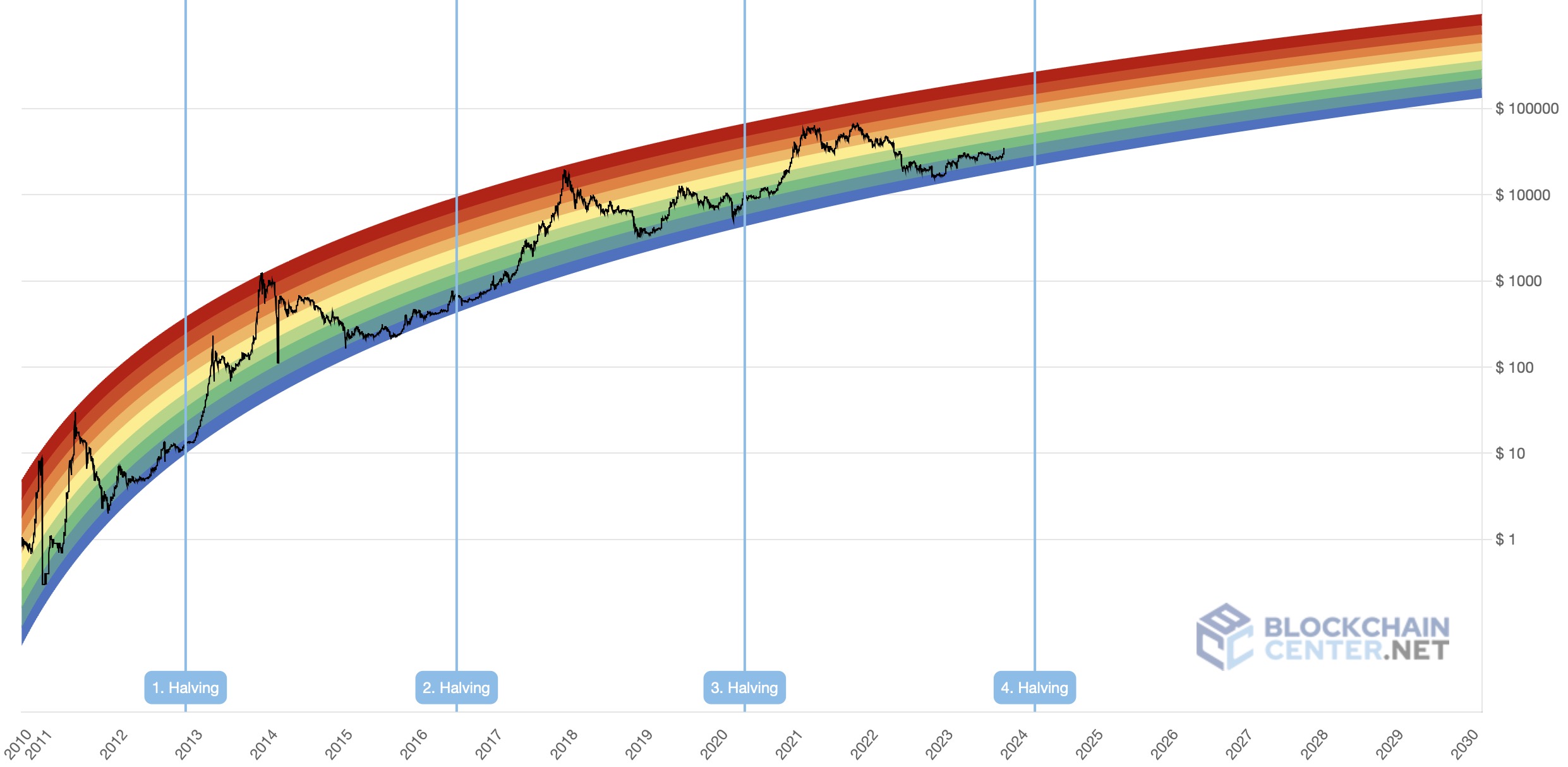Car Dealerships Renew Their Resistance To Electric Vehicle Requirements

Table of Contents
Financial Hurdles and Investment Concerns
The transition to selling and servicing electric vehicles (EVs) represents a significant financial undertaking for car dealerships. Adapting their infrastructure demands substantial upfront investment, creating considerable uncertainty about long-term profitability. This financial burden is a major contributor to the resistance to electric vehicle requirements.
- High cost of installing EV charging infrastructure: Installing fast-charging stations and the necessary grid upgrades can cost tens of thousands, even hundreds of thousands of dollars, depending on the dealership's size and location. This represents a significant capital expenditure for many businesses.
- Need for specialized technician training and certification: EVs require specialized knowledge and tools for repair and maintenance, necessitating extensive training for existing mechanics and potentially hiring new, specialized technicians. This training is expensive and time-consuming.
- Uncertainty about return on investment (ROI) for EV-related upgrades: Dealerships are understandably hesitant to invest heavily in EV infrastructure without a clear understanding of the long-term return on their investment. The current market dynamics, including fluctuating EV sales and potential competition, add to this uncertainty.
- Potential for decreased profit margins on EVs: The profit margins on EVs are often perceived (and sometimes are) lower compared to gasoline vehicles, especially considering the higher initial investment costs. This is a major concern for dealerships focused on maximizing their short-term profits.
Lack of EV Inventory and Consumer Demand (Perceived)
Another factor contributing to the resistance to electric vehicle requirements is the perceived (and sometimes real) lack of EV inventory and consumer demand. While EV sales are growing, they still represent a smaller percentage of the overall market compared to gasoline vehicles.
- Production bottlenecks limiting EV availability: Many EV manufacturers are facing production bottlenecks, resulting in limited availability for dealerships to stock their lots. This makes it difficult for dealerships to meet customer demand and generate sufficient revenue.
- Regional disparities in EV adoption rates: EV adoption rates vary significantly across different regions. Dealerships in areas with lower EV demand might be less inclined to invest heavily in EV infrastructure.
- Concerns about consumer understanding and acceptance of EV technology: There are concerns about consumer understanding and acceptance of EV technology, including range anxiety and the availability of charging infrastructure. Addressing these concerns requires significant marketing and educational efforts.
- Limited range anxiety among potential buyers: Range anxiety – the fear of running out of battery power before reaching a charging station – remains a significant barrier for many potential EV buyers. This limits demand, further impacting dealerships' willingness to invest.
Resistance to Policy Changes and Government Regulations
Government mandates and incentives play a significant role in shaping EV adoption. However, the increasing pressure from governments to meet ambitious emission targets and accelerate the transition to EVs has led to resistance from some car dealerships.
- Opposition to stringent emission regulations: Dealerships often lobby against stricter emission regulations, arguing that they impose undue financial burdens and stifle innovation.
- Lobbying efforts to influence government policies: Industry lobbying efforts aim to influence government policies related to EV mandates and incentives, attempting to mitigate the impact on their businesses.
- Concerns about the impact of EV mandates on business profitability: Dealerships are concerned about the potential negative impact of EV mandates on their business profitability, particularly in the short term.
- Debate surrounding the fairness and effectiveness of government incentives: There's ongoing debate about the fairness and effectiveness of government incentives for EV adoption, with some arguing that they disproportionately benefit wealthier consumers.
The Role of Manufacturer Support (or Lack Thereof)
Manufacturer support is critical in facilitating a smooth transition to EVs for dealerships. However, inadequate support from manufacturers further contributes to the resistance to electric vehicle requirements.
- Insufficient training and educational programs from manufacturers: Many manufacturers haven't provided sufficient training and educational programs to equip dealerships with the knowledge and skills needed to sell and service EVs effectively.
- Lack of financial incentives for dealerships to invest in EV infrastructure: Manufacturers could provide significant financial incentives to encourage dealerships to invest in EV charging infrastructure and training.
- Inadequate marketing and promotional support for EVs from manufacturers: Manufacturers need to provide stronger marketing and promotional support to increase consumer awareness and acceptance of EVs.
Conclusion
Car dealerships' renewed resistance to electric vehicle requirements stems from a complex interplay of financial burdens, perceived low consumer demand, resistance to policy changes, and a lack of sufficient manufacturer support. The transition to electric vehicles is, however, crucial for environmental sustainability and reducing carbon emissions. Understanding the complexities of this resistance is vital. Let's discuss solutions to overcome these hurdles and accelerate the transition to a sustainable automotive future. The future of automotive sales depends on addressing these challenges related to electric vehicle requirements and fostering collaboration between manufacturers, dealerships, and policymakers.

Featured Posts
-
 Europa League Inter Milan Progress After Feyenoord Win
May 08, 2025
Europa League Inter Milan Progress After Feyenoord Win
May 08, 2025 -
 Dwp Overhaul Potential Loss Of Benefits For Universal Credit Recipients
May 08, 2025
Dwp Overhaul Potential Loss Of Benefits For Universal Credit Recipients
May 08, 2025 -
 2 0 76
May 08, 2025
2 0 76
May 08, 2025 -
 Empate Entre Liga De Quito Y Flamengo En La Copa Libertadores Resumen Del Partido
May 08, 2025
Empate Entre Liga De Quito Y Flamengo En La Copa Libertadores Resumen Del Partido
May 08, 2025 -
 Bitcoin Price Prediction Could Trumps 100 Day Speech Send Btc To 100 000
May 08, 2025
Bitcoin Price Prediction Could Trumps 100 Day Speech Send Btc To 100 000
May 08, 2025
